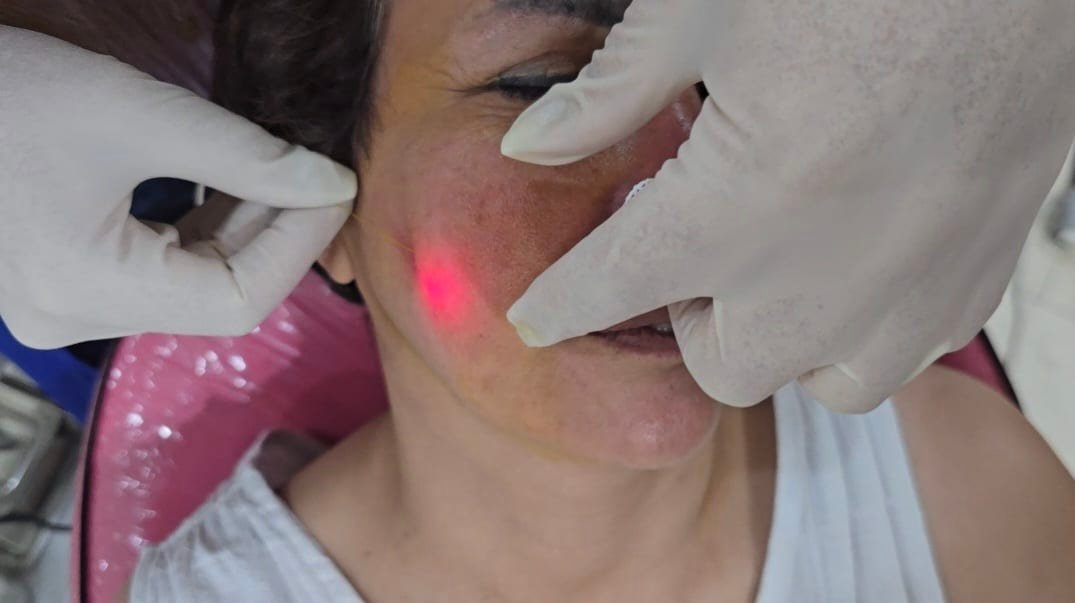Regardless of age or lifestyle, anyone can get a bacterial infection. If bacteria are not properly controlled, they can lead to a variety of health issues, from minor skin infections to severe respiratory disorders. Antibiotics like azithromycin buy online Australia and amoxicillin capsules Australia work well to treat bacterial infections, but prevention is always preferable to treatment. Maintaining good health and lowering the risk of infection can be greatly aided by learning basic preventive habits and comprehending how bacteria spread.
1. Maintain Good Personal Hygiene
Good hygiene is the foundation of preventing bacterial infections. Bacteria thrive in dirty or unclean environments, so maintaining proper hygiene can reduce exposure.
- Wash your hands regularly: Use soap and water for at least 20 seconds, especially before eating, after using the restroom, or after contact with public surfaces.
- Use sanitizers: Alcohol-based hand sanitizers (with at least 60% alcohol) are useful when soap and water aren’t available.
- Keep nails short and clean: Germs often hide under nails and can spread easily when touching your mouth or face.
- Not Regular bathing helps remove sweat, dirt, and bacteria that accumulate on your skin.
2. Proper Food Handling and Storage
Many bacterial infections, such as Salmonella and E. coli, originate from contaminated food or water. To reduce the risk:
- Wash fruits and vegetables thoroughly before eating.
- Cook meat, poultry, and seafood properlyto kill has
- Avoid cross-contamination: Use separate cutting boards for raw meat and vegetables.
- Refrigerate perishable foods promptly to prevent bacterial growth.
- Drink clean and filtered water to avoid waterborne infections.
3. Strengthen Your Immune System
A strong immune system helps your body fight off bacterial invaders naturally. To boost your immunity:
- Eat a balanced diet rich in vitamins, minerals, and antioxidants. Include foods like citrus fruits, leafy greens, and nuts.
- Get regular exercise to enhance blood circulation and immune response.
- Sleigh—aim for at least 7–8 hours per night to help your body repair and rejuvenate.
- Avoid smoking and excessive alcohol, as they can weaken immune function.
5. Practice Safe Wound Care
Even minor cuts and scratches can allow bacteria to enter the body and cause infections.
- Clean wounds immediately with antiseptic solutions.
- Cover them with sterile bandages to prevent bacterial exposure.
- Avoid touching wounds unnecessarily to reduce contamination.
If you notice redness, swelling, or pus, seek medical attention promptly to prevent the infection from spreading.
6. Avoid Unnecessary Use of Antibiotics
Antibiotic resistance can result from abuse or overuse, even though medications like azithromycin buy online Australia and amoxicillin capsules Australia are effective against bacterial infections. This implies that bacteria grow stronger and adapt, making it more difficult to treat infections in the future.
Always follow your doctor’s prescription carefully:
- Do not use antibiotics for viral infections such as colds or flu.
- Complete the full course, even if you feel better early.
- Never share antibiotics with others.
If you require antibiotics, you can purchase azithromycin online in Australia and amoxicillin capsules in Australia from authorized pharmacies, guaranteeing that the drugs you purchase are genuine and safe. But only use them under a doctor’s supervision.
7. Keep Your Environment Clean
Bacteria can survive on surfaces for hours or even days. Regular cleaning reduces your exposure to harmful microbes.
- Disinfect frequently touched items, such as doorknobs, phones, and keyboards.
- May, as
- Ensure close to prevent the buildup of moisture, which encourages bacterial growth.
8. Safe Practices in Public and Healthcare Settings
Public places, hospitals, and gyms are hotspots for bacterial spread.
- Use a tissue or elbow when sneezing or coughing to prevent droplets from spreading.
- Avoise
- In healthcare settings, make sure medical equipment and surfaces are sanitized before use.
9. Consult a Doctor When Necessary
To avoid complications, early diagnosis and treatment are essential. See a doctor if you suffer from symptoms like fever, a chronic cough, strange discharge, or painful urination. To properly treat the infection, they might suggest antibiotics like amoxicillin capsules Australia or azithromycin buy online Australia.
Conclusion
A proactive strategy is needed to prevent bacterial infections, which includes using antibiotics sensibly, eating healthily, boosting immunity, and practicing good hygiene. The best defense is prevention, even though antibiotics like azithromycin buy online Australia and amoxicillin capsules Australia are dependable for treatment. Handwashing, storing food properly, and cleaning frequently are simple daily practices that can greatly lower your risk of infection and maintain your health throughout the year.
In addition to these preventive steps, it is crucial to stay updated with recommended vaccinations, as many bacterial infections can be effectively prevented through immunization. Avoiding unnecessary contact with sick individuals and maintaining a clean environment can also significantly reduce the spread of harmful bacteria. Furthermore, ensuring that wounds are properly cleaned and covered prevents bacteria from entering the body through open cuts or scrapes. Maintaining a balanced diet rich in vitamins and minerals, along with adequate sleep and hydration, helps strengthen your immune system naturally. By following these healthy habits along with responsible use of antibiotics such as azithromycin buy online Australia and amoxicillin capsules Australia, individuals can build long-term resistance against bacterial infections and promote overall wellness.
















Leave a Reply